Indirect but impactful: Iran-US talks mediated by Oman off to a ‘constructive’ start
By Alireza Akbari
The first round of indirect negotiations between the Islamic Republic of Iran and the United States took place on Saturday in Muscat, with both sides agreeing to reconvene next week.
Mediated by Omani Foreign Minister Badr Al Busaidi, the talks were led from the Iranian side by Foreign Minister Seyed Abbas Araghchi and from the American side by US envoy Steve Witkoff.
In a “constructive atmosphere” marked by mutual respect, the two sides exchanged their respective positions on Iran’s nuclear program and sanctions, communicating through their Omani host.
After nearly two and a half hours of back-and-forth, exchanging notes through the Omani mediator at least four times, Araghchi and Witkoff met briefly before leaving the venue.
The Iranian delegation, led by Araghchi, included Deputy Foreign Minister Majid Takht-Ravanchi, Deputy Foreign Minister for Legal and International Affairs Kazem Gharibabadi, Foreign Ministry Spokesman Esmaeil Baqaei, and a team of sanctions and nuclear experts.
In his remarks following the talks, Araghchi offered a glimpse into the meeting’s tone and substance.
“We had 2 and half hours of indirect talks, and as the first meeting, it was constructive,” he said.
“Talks held in a constructive atmosphere”
— Press TV 🔻 (@PressTV) April 12, 2025
Iran and the US concluded the first round of indirect nuclear talks in Muscat, calling the discussions constructive and agreeing to continue next week. pic.twitter.com/BAbqAzsnAT
The top Iranian diplomat emphasized that the meeting laid a foundation for continued engagement. “The atmosphere in the meeting was such that it guaranteed the continuation of the process,” he said.
Looking ahead to the next round, scheduled for Saturday, April 19, Araghchi added, “We will try to enter the formal agenda of the negotiations. Naturally, a timeline will accompany it as well.”
He explained that while the structure of the talks—including the timeline and agenda—would be determined progressively, it is the substance of the discussions that ultimately matters.
“These are aspects of the negotiation format, which will be determined in due course — but what truly matters is the content and the basis upon which we negotiate,” he asserted.
Reflecting on the outcome of the first round of talks, Araghchi said he believes the two sides came close to identifying that basis "and if in the next meeting we can finalize it and we can begin substantive talks on that very foundation.”
He also expressed gratitude toward his Omani counterpart, whose shuttle diplomacy facilitated the delicate exchange. “Thanks to the efforts and hard work of the Omani Foreign Minister, who was regularly going back and forth between the two delegations,” he said.
FM @araghchi says that his assessment from the first round of the indirect talks is that the US side tried to show its goodwill today for reaching a fair deal.
— Press TV 🔻 (@PressTV) April 12, 2025
Follow: https://t.co/B3zXG73Jym pic.twitter.com/nvmu526nCf
Iran's Foreign Minister further explained that no inappropriate language was used, and the parties demonstrated their commitment to advancing the talks until an agreement is reached that is desirable for both parties and is based on an equal footing.
He stressed that both sides are aligned in their desire for meaningful progress, raising hopes for a favorable outcome if and when the negotiations progress.
“Certainly, neither we nor the other side are interested in fruitless negotiations, talks for the sake of talks, wasting time, or drawn-out and exhausting discussions,” he said.
“Both parties have stated that their desired outcome is an agreement reached in the shortest possible time. However, this will not be an easy task and will require full determination from both sides."
According to Araghchi, the US has shown signs of commitment, but Iran remains cautious. He acknowledged that Washington has made considerable efforts to signal its willingness for a fair deal, yet emphasized the need for thorough reflection.
“At this stage, we need to assess this round of negotiations carefully, work more precisely on the issues discussed, and review and consult on them at various levels.”
The second round of talks is scheduled for Saturday, Araghchi confirmed.
"Iran seeks real agreement if the US shows honesty"
— Press TV 🔻 (@PressTV) April 11, 2025
Iran's Foreign Ministry spokesman states that the planned indirect talks with the US in Oman on Saturday will serve as a test of Washington's intent and seriousness. pic.twitter.com/vXTwtpjRrZ
“The talks are to be held next Saturday at the same level, but the venue will likely not be the same as this round. Oman will remain the host, of course, but the talks may be held in a different location.”
Touching on a brief encounter with Witkoff, he stated, “In my view, it was a completely routine matter. The two delegations encountered each other while leaving, and we spoke for a few minutes — which is entirely acceptable.”
“We’ve always observed diplomatic decorum in our interactions with American diplomats, and this time was no different. It was a standard greeting and brief exchange before departing, nothing extraordinary.”
On social media, Araghchi summed up the day’s developments by calling it a “constructive and promising round of indirect talks with US Special Envoy @SteveWitkoff, kindly hosted and mediated by my brother @badralbusaidi of the Sultanate of Oman.”
He reiterated the atmosphere of mutual respect between both sides, noting that “both sides decided to continue the process in a matter of days.”
Following the conclusion of this first round of indirect talks between Tehran and Washington, Oman reaffirmed that the negotiations had unfolded in a constructive environment.
Reflecting on Muscat’s deepening role in regional diplomacy, Omani Foreign Minister Badr Al Busaidi stated they will continue efforts "aimed at contributing to the realization of peace and stability.”
The White House also issued a statement on Saturday, describing the discussions as “positive and constructive” and calling them a “step forward in achieving a mutually beneficial outcome.”
According to the statement, Witkoff “underscored to Dr. Araghchi that he had instructions from President Trump to resolve our two nations’ differences through dialogue and diplomacy."
Steve Witkoff says the indirect talks with Iran were "positive and constructive", says negotiations will continue on April 19. pic.twitter.com/tWjDApLMRy
— Press TV Breaking (@PTVBreaking1) April 12, 2025
US President Donald Trump, speaking to reporters aboard Air Force One later in the day, struck an optimistic tone. He told reporters that discussions are “going OK.”
“Nothing matters until you get it done,” he said en route to a UFC fight in Miami. “So, I don’t like talking about it. But it’s going OK. The Iran situation is going pretty good, I think.”
Earlier that morning—before the talks officially began—Araghchi and Al Busaidi met privately to exchange ideas on the format and flow of the negotiations.
During that meeting, Araghchi handed over Iran’s official messages for delivery to the American delegation via the Omani mediator.
Earlier, on April 8, following the announcement of the upcoming Saturday talks in Oman, Araghchi posted on X, writing, “Mark my words: Iran prefers diplomacy, but it knows how to defend itself.”
Speaking during a visit to Algiers, he elaborated on Tehran’s approach to the talks.
“In my view, the format of the negotiations—whether direct or indirect—is not of primary importance. What truly matters is the effectiveness or ineffectiveness of the talks, the seriousness and intentions of both sides, and their will to reach an agreement.”
“In this context, we consider the format of negotiations to be subject to various factors, and for this reason, we have opted for indirect talks.” Araghchi stated that such a structure could create the conditions for “a genuine and effective dialogue.”
Iran's negotiating team leaves the venue following the conclusion of Iran-US indirect talks in Oman.
— Press TV 🔻 (@PressTV) April 12, 2025
Follow Press TV on Telegram: https://t.co/boCY50qfi9 pic.twitter.com/8HDFSvDj0O
A day ahead of the Saturday negotiations, Foreign Ministry Spokesman Esmaeil Baqaei stressed that the Islamic Republic was "giving diplomacy a chance" by engaging in talks again.
“In earnest & with candid vigilance, we are giving diplomacy a genuine chance. US should value this decision formed despite their prevailing confrontational hoopla,” he stated.
It was back on April 8 that Araghchi had first announced the upcoming indirect high-level meeting, writing on his X page that Iran and the US would meet in Oman for “indirect high-level talks.”
Araghchi’s comment followed a surprising claim by Trump, who—standing beside Israeli Prime Minister Benjamin Netanyahu during a joint press conference—claimed that the United States was engaging in direct dialogue with Tehran.
“We’re having direct talks with Iran, and they’ve started. It will go on Saturday, we have a very big meeting—let’s see what’s gonna happen,” Trump said.
Importantly, the talks in Doha followed inflammatory rhetoric by Trump, in which he even referred to "military action" against the Islamic Republic "to be led by Israel," which raised many eyebrows.
His sabrerattling evoked strong reactions from Iranian officials, with Ali Shamkhani, an advisor to Leader of the Islamic Revolution Ayatollah Seyyed Ali Khamenei, warning that cooperation with the UN nuclear agency could be suspended if military threats persist.
Araghchi, for his part, characterized the April 12 Muscat meeting as both an “opportunity” and a “test” for Washington, given the bitter past experiences.
It was Trump who unilaterally walked out of the nuclear deal in May 2018 and reinstated draconian and illegal sanctions against the Iranian nation under his so-called "maximum pressure" campaign.
Video shows the moment Iranian Foreign Minister Araghchi leaves for the negotiations venue for indirect talks with the US in Muscat.
— Press TV 🔻 (@PressTV) April 12, 2025
Follow Press TV on Telegram: https://t.co/boCY50qfi9 pic.twitter.com/CGrKefqKDx
The talks sparked a wave of commentary on social media even days before the first round began. Users reacted with a mix of cautious optimism and skepticism.
On April 3, author and activist Lucas Gage took to X with a post that stirred heated discussion. In a pointed comparison, he wrote:
“Iran never assassinated our presidents. Iran never bulldozed over our activists. Iran never stole our nuclear triggers. Iran never sold our tech to China. Iran never blew up our buildings. Iran never duped us into war. Iran never killed our sailors. But Israel did.”
Medea Benjamin, cofounder of the non-profit antiwar group CODEPINK, also took to X, referencing Witkoff’s remarks about the negotiations.
“Yes, it was Trump that ripped up the last nuclear deal with Iran. But if a new deal can keep us out of a war with Iran, let’s support it. We know that Trump will get lots of pushback from the Hawks and Zionists who surround him,” she wrote.
Offering a more analytical perspective, Iranian academic and political analyst Seyed Mohammad Marandi reflected on the format and scope of the Saturday talks.
“The US privately put aside its tough public stance by accepting indirect talks, limited to sanctions and nuclear issues. The US also accepted the indirect negotiations to be held in Oman, Iran's preferred location. Still, there's a very long road ahead,” he wrote.
X user Saeed brought a sharper tone to the discussion, pushing back against early optimism about the first round. “Reports of talks being positive doesn't mean anything at this stage,” he wrote.
“Right now, Iran is clarifying that it will never talk about regional developments or its military and will never give up enrichment of uranium. If US didn't accept, talks would've been over before they start.”
Meanwhile, Baghaei said on Sunday that the location for the next round of talks with the US is currently under discussion, adding that Oman will continue its role as the mediator.
“Whether in Oman or elsewhere, Oman will continue its mediating role & manage arrangements regarding location and message exchange," the spokesperson said.
Merz’s ‘political naivety’ has cost Germany its role in Iran talks: Araghchi
Israel cancels Rafah evacuation for Gaza patients amid renewed massacres
Iran’s deterrence power strengthened after ballistic missile upgrades: Top general
Hind Rajab Foundation files war crimes complaint in US against Israeli-American trooper
VIDEO | Press TV's news headlines
VIDEO | Coordination Framework gives Kurdish parties 48-hour deadline to choose presidential nominee
VIDEO | Palestine Action activists walk free after huge court win
VIDEO | Italy's and EU's hypocrisy exposed when it comes to condemning Israeli crimes


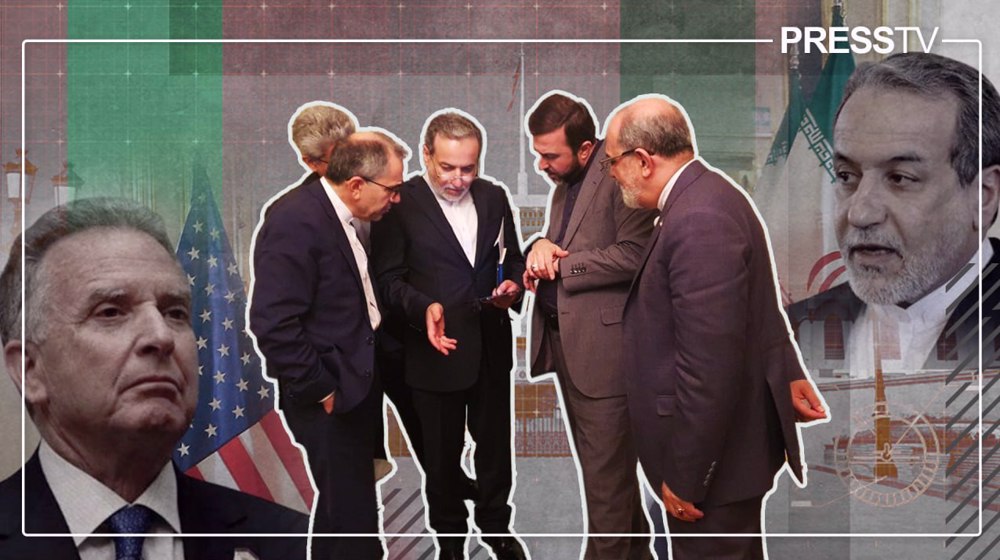
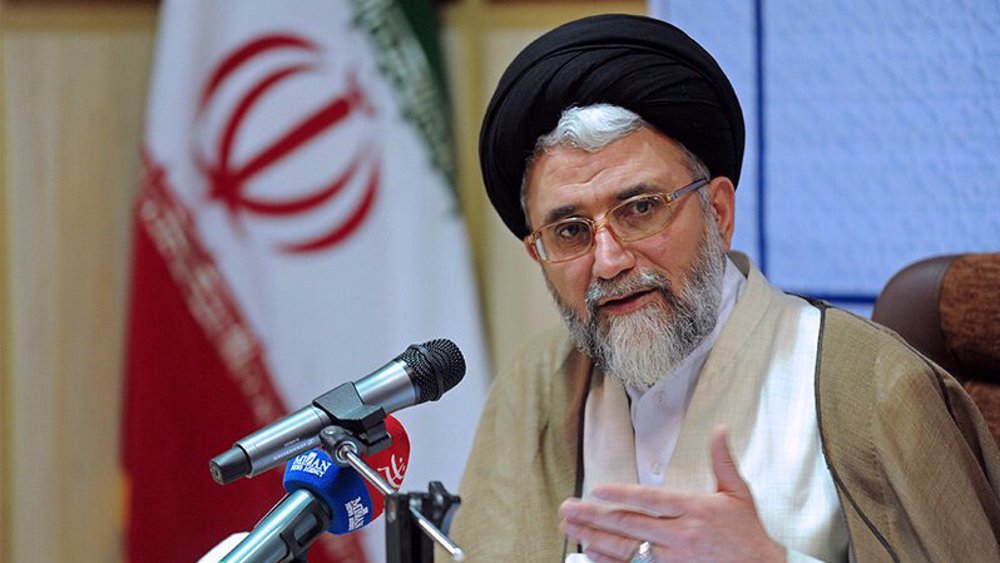
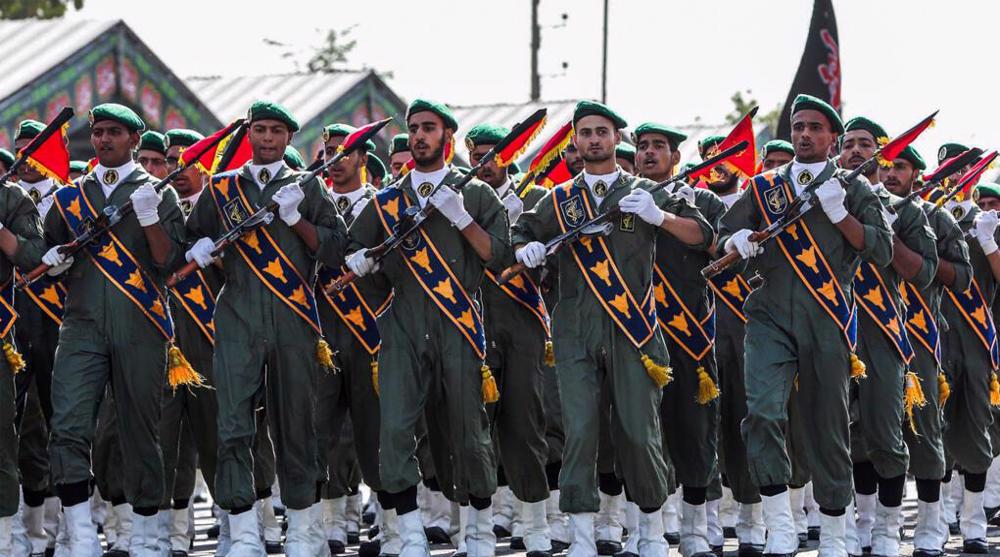




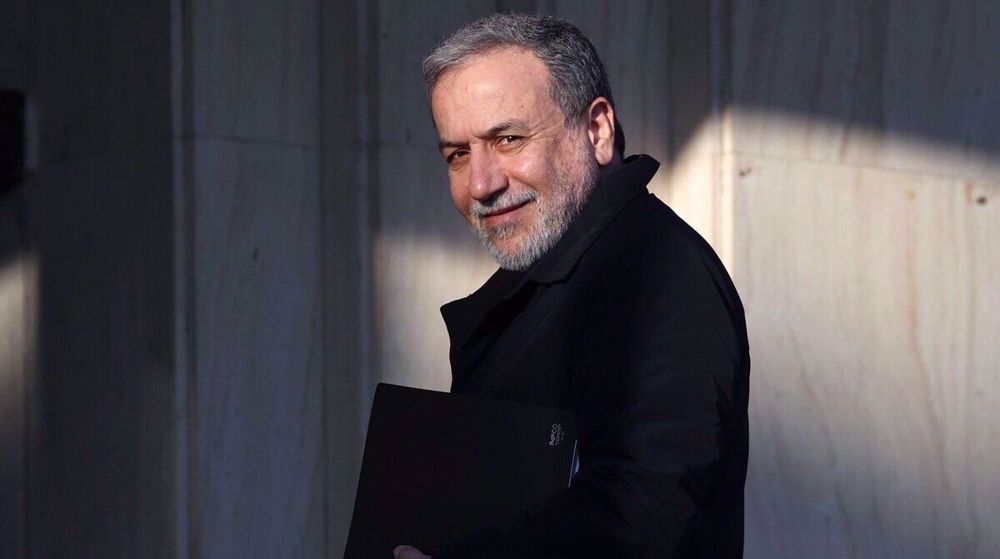
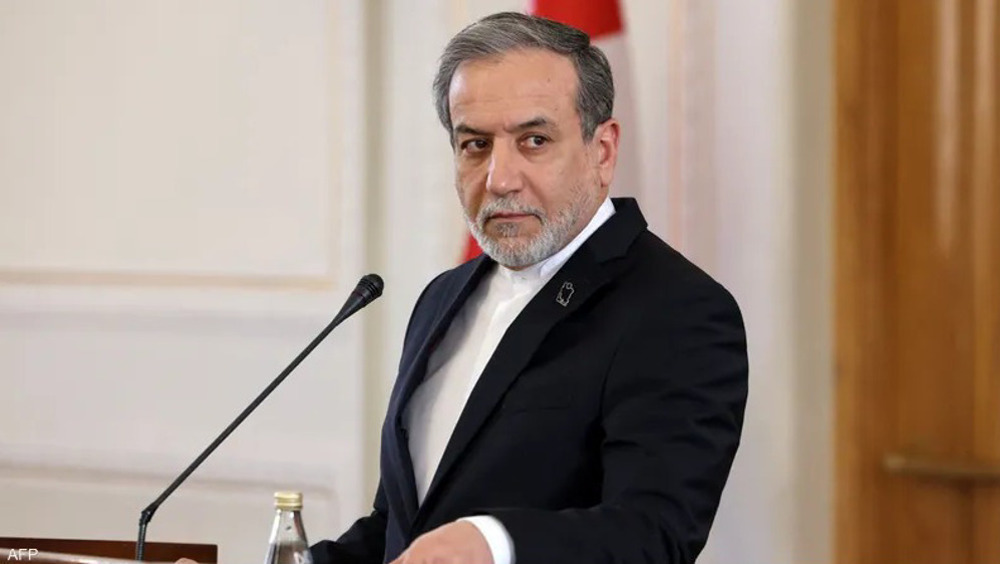
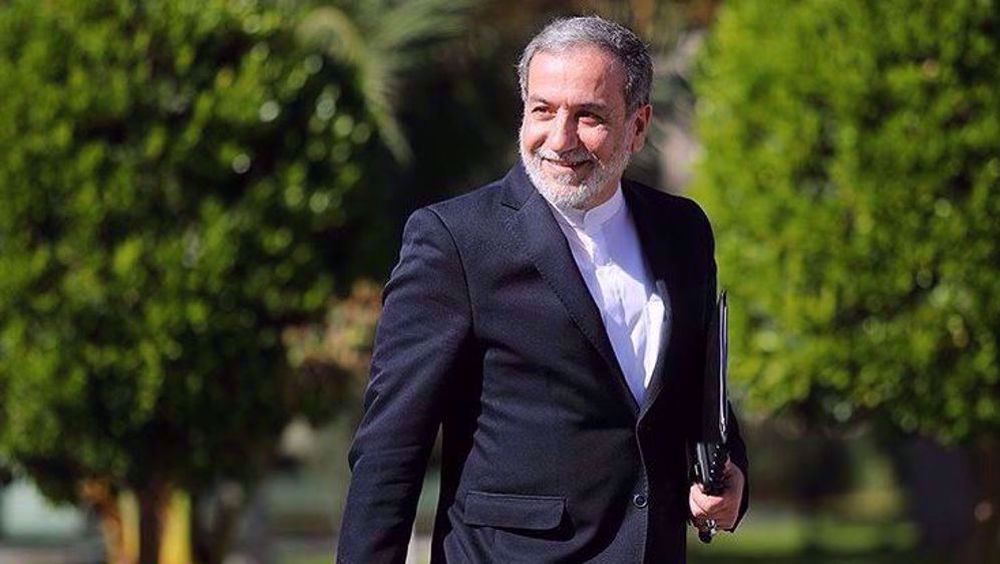
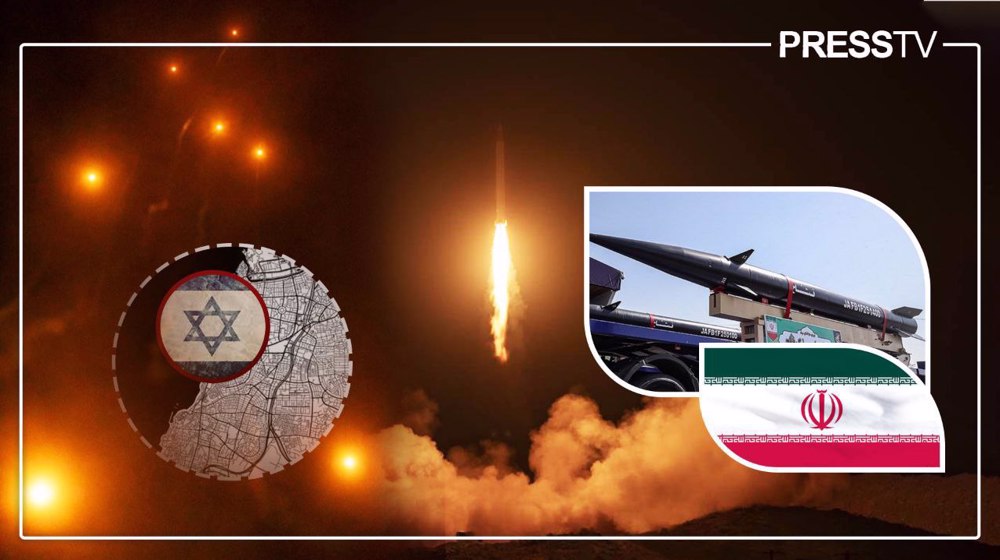
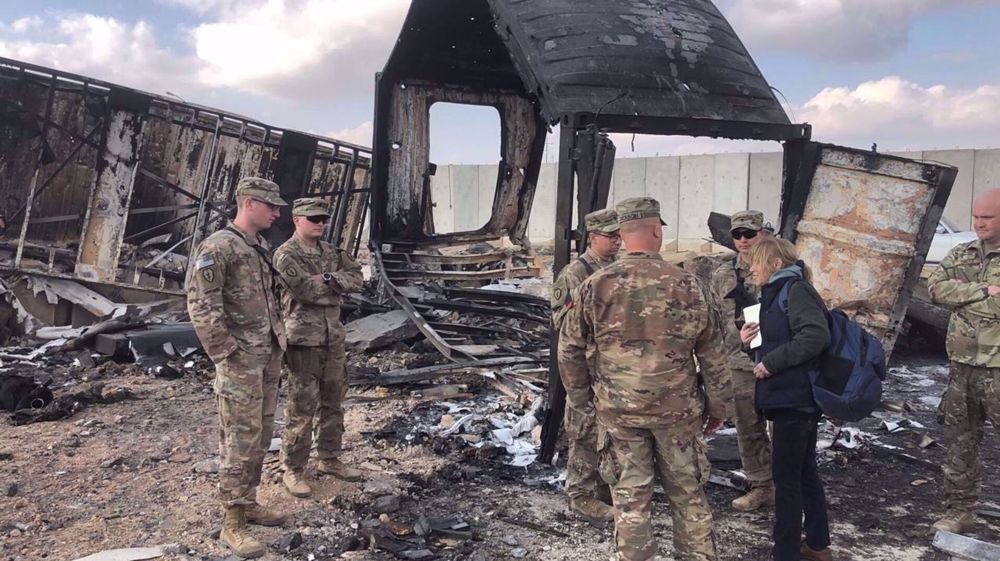
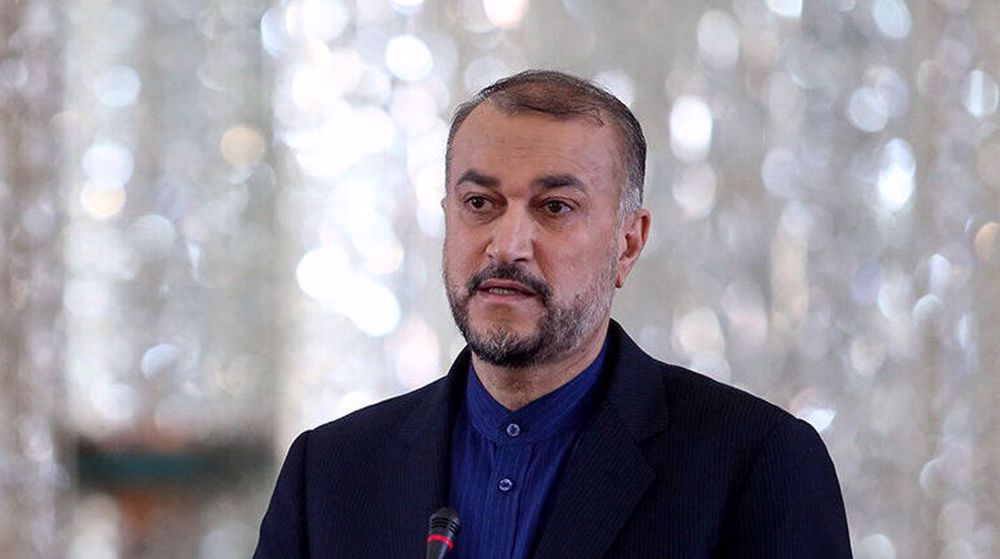
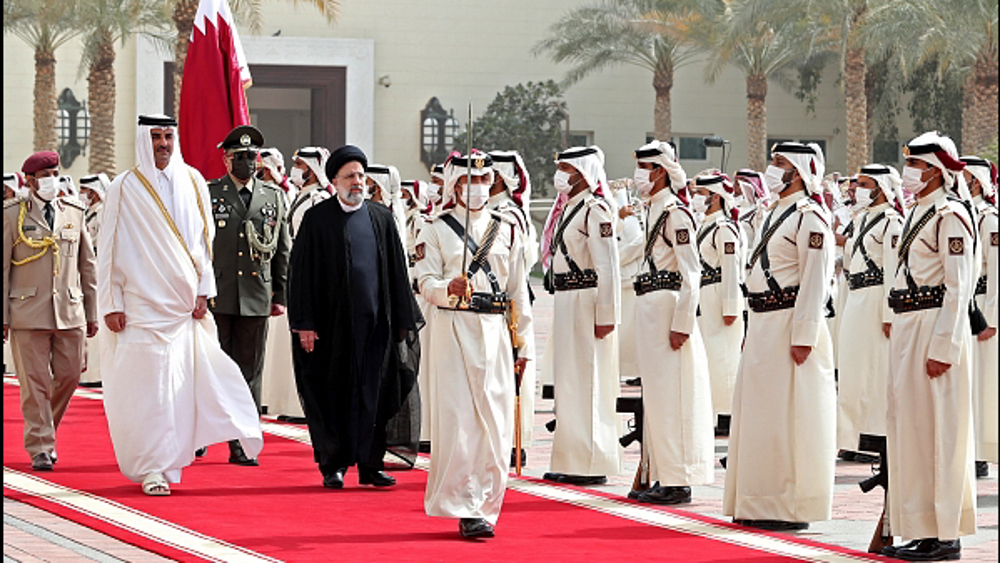
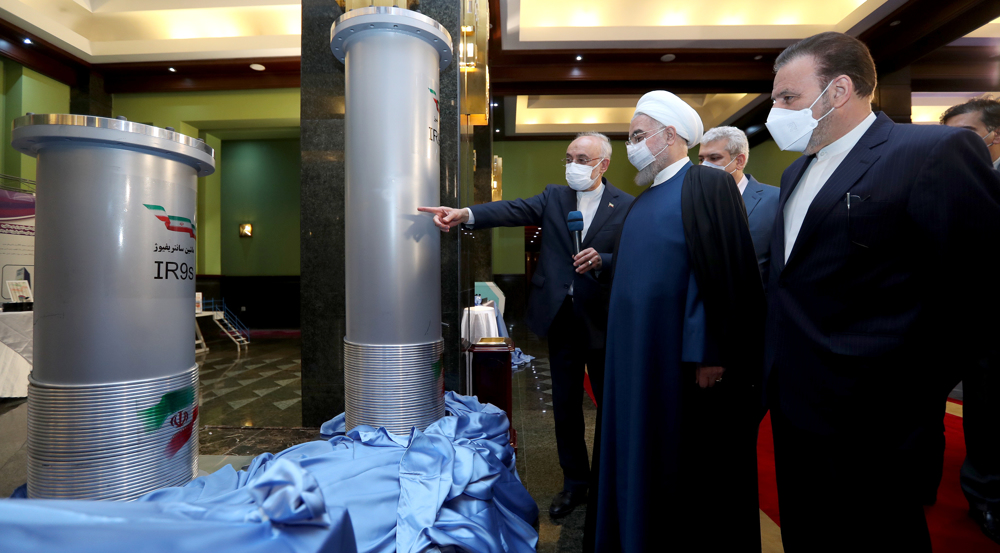

 This makes it easy to access the Press TV website
This makes it easy to access the Press TV website